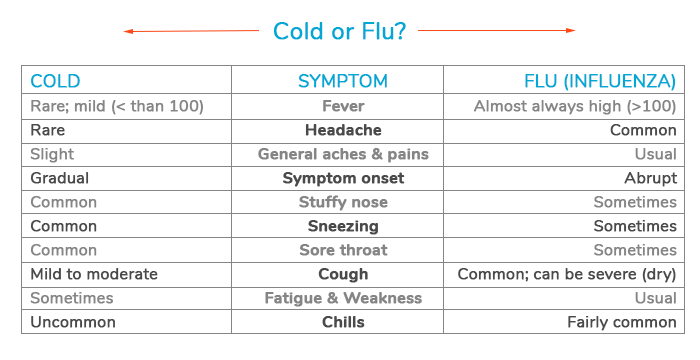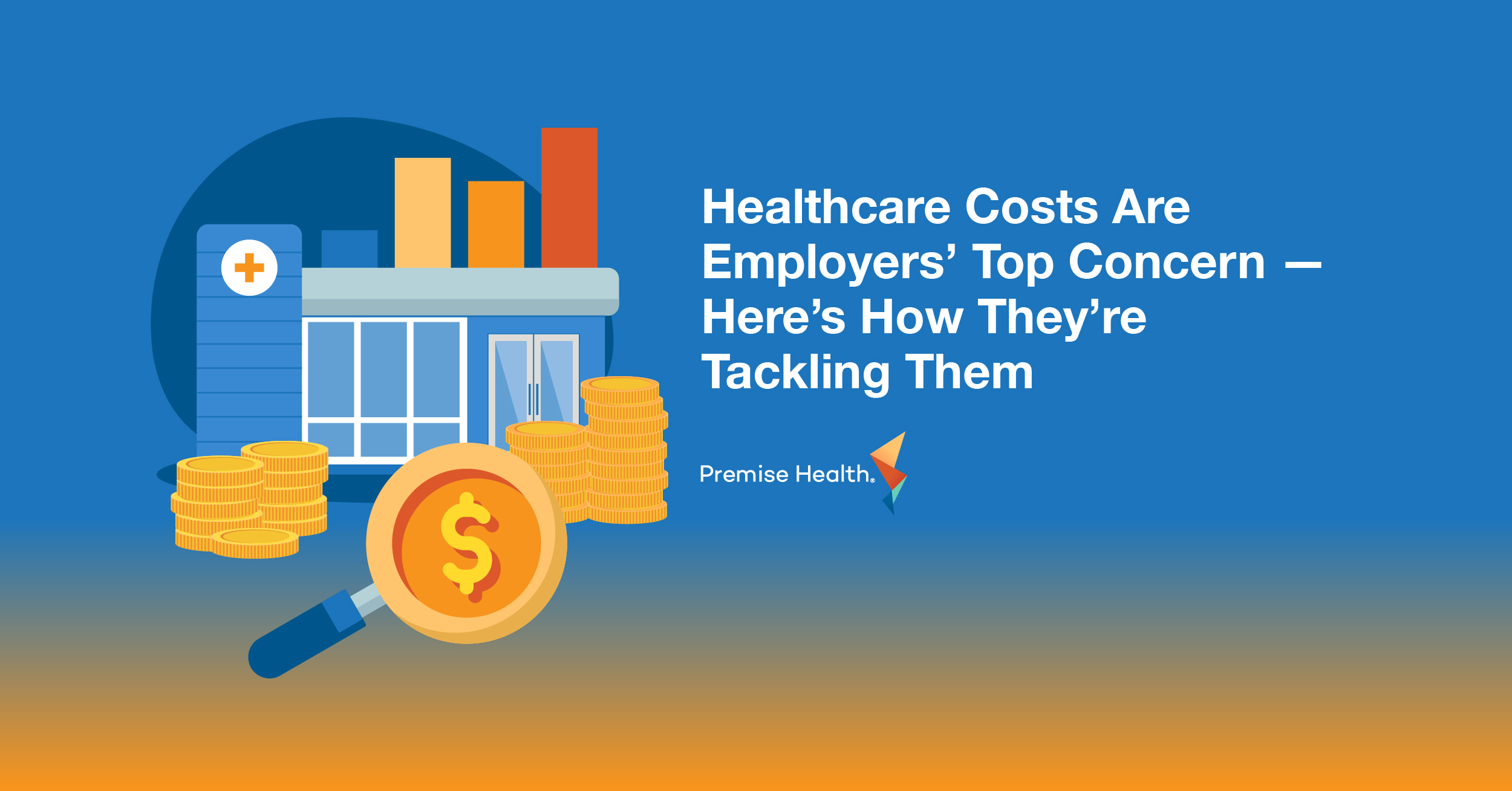The Employee’s Dilemma: Go to Work Sick or Stay Home?
While this year’s influenza season is milder than 2018, there’s still a threat of cases increasing.

Today, flu activity is reported to be widespread in 48 states according to the CDC. While a milder strain has been the most common cause of flu diagnoses this season, 60 percent of flu virus samples in the last week were tied to a more serious strain. To add insult to injury, health experts warn this flu season could hang around until May.
The onset of a sore throat, body and muscle aches, a runny nose, and even a fever could be a sign you’re coming down with the flu. Which leads to the question, how sick is too sick for work?
One of our providers in San Francisco, Dr. A.K. Misra, board-certified in sports and internal medicine, shares his tips for determining whether it’s a good idea to go to work when you don’t feel well.
When is it OK to go to work sick? When is it better to stay home?
Dr. Misra: This is a tough call, and good judgment is paramount. First, listen to your body. Generally speaking, if something is not severe, you can likely take care of yourself through rest, hydration, and perhaps some over-the-counter medication. However, if your symptoms are rapidly getting worse, as they tend to in cases of the flu or pneumonia, you should see a medical professional for a comprehensive evaluation to slow down the progression and treat it correctly.
As for going to work with a minor illness, it is essential to keep your distance from coworkers and wash your hands frequently to avoid the spread of germs. If you truly feel ill, whether or not you’ve been diagnosed with something serious, stay home and rest. That is why many employers provide sick days.
Should you stay home even if it’s just a common cold?
Dr. Misra: It is important to first identify the simple signs and symptoms of a cold versus the flu. This is the most common mistake well-intentioned people make. The table below from the CDC contains information that I commonly share with patients to educate them about what they are experiencing.

A cold is less problematic, but someone with the flu should be seen by a provider as soon as possible because it can be lethal. Even in instances where the flu is not fatal, it can cause significant complications if it is not treated promptly. A cold is something you can typically manage through self-care and still go to work. I do not recommend the same for the flu because it is extremely contagious.
For example, in sports medicine, if a player on a team has influenza, that individual is often quarantined to avoid infecting other players on the team. That same risk applies to the workplace, whether you work in a social job or closed-office environment.
What are some ways I can prevent the spread of germs at my office if I go to work while I’m sick?
Dr. Misra: Precautions, such as washing your hands regularly and covering your mouth before coughing or sneezing, are best to reduce the spread of harmful viruses and germs. Additionally, avoid contact with others as much as possible. Try to keep to yourself more than usual and stay in your space unless you need to get up for water or a restroom break. In addition, avoid touching the water cooler or refrigerator, and wipe down any shared surfaces after touching them. If you have an office with a door, consider keeping it closed and letting co-workers know that you’re fighting through a cold.
What can an employer do to ensure illness isn’t spread at work?
Dr. Misra: Employers should emphasize the precautions I mentioned above, posting them in as many visible places as possible. Organizations should pay special attention to these health precautions from fall to the end of winter, which is peak flu season. It is pivotal to educate the work force about when to seek medical attention, as well as to provide helpful resources, such as the CDC website, for employees to learn more about protecting themselves. Employers should also encourage employees to get the flu vaccination during the season. This year’s flu shot has proven to be more effective, and it’s not too late to get vaccinated. As the old saying goes, “An ounce of prevention is worth more than a pound of cure.”
Next on industry insights.

Healthcare Costs Are Employers’ Top Concern — Here’s How They’re Tackling Them
Read the Blog
How to Futureproof Your Healthcare Benefits
Read the Blog